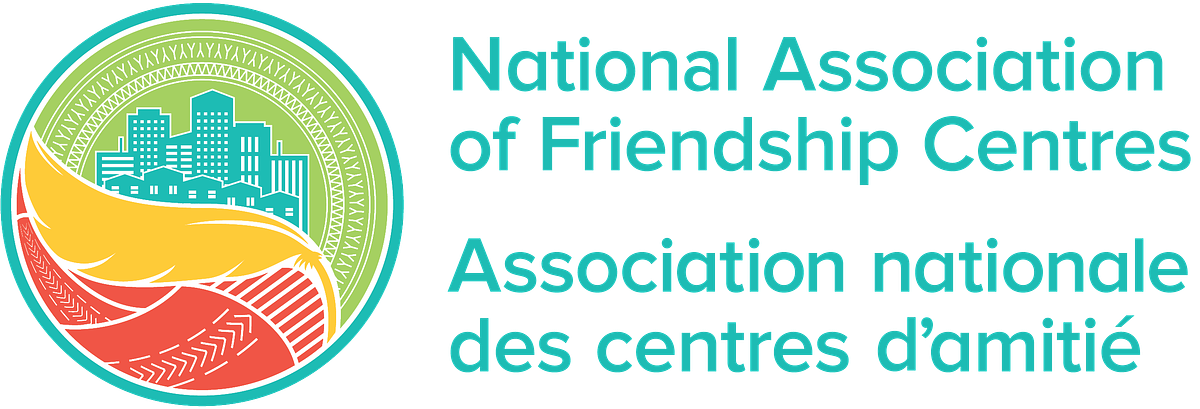
Budget Silence on Friendship Centres Raises Reconciliation Concerns
The 2025 federal budget’s omission of funding for vital urban Indigenous services is sparking alarm, threatening the future of crucial support networks and raising questions about the government’s commitment to reconciliation.
Budget Silence on Friendship Centres Raises Reconciliation Concerns
By Debra Allen
OTTAWA – The 2025 federal budget has sparked concern among Indigenous leaders and advocates with its conspicuous silence on funding for urban Indigenous programs, specifically those delivered through Friendship Centres. While the budget touts commitments to reconciliation, the lack of dedicated funding for these vital services is raising questions about the government’s true priorities and potentially jeopardizing essential support networks for urban Indigenous communities across Canada.
Friendship Centres have long served as crucial hubs, providing a wide range of services – from employment training and housing support to mental health services and cultural programming – to Indigenous people navigating urban life. With over 100 centres operating across the country, they reach a significant population, serving over one million people annually. However, the expiry of the current Urban Programming for Indigenous Peoples (UPIP) funding in 2026, coupled with the budget’s lack of renewal commitment, casts a shadow over their future.
“The absence of dedicated funding is deeply concerning,” says a representative from the National Association of Friendship Centres (NAFC). “These centres are not simply service providers; they are community anchors, places of belonging, and essential supports for Indigenous people adjusting to – and thriving in – urban environments. To leave them in limbo is a disservice to the communities they serve.”
A History of Crucial Support
The UPIP, which has provided critical funding to Friendship Centres for years, is slated to expire, leaving a significant funding gap. Historical data shows the program allocated $50 million in 2022-2023, increasing to $60 million in 2024-2025. The lack of a commitment to renew or replace this funding within the 2025 budget has sent ripples of anxiety through the network.
“It’s not just about the money,” explains a long-time program director at a Friendship Centre in Manitoba. “It’s about signaling that Indigenous lives matter, that Indigenous wellbeing is a priority. When you cut funding to programs that are demonstrably making a difference, you send a clear message about where your priorities lie.”
Beyond Service Delivery: Economic Impact
The concern extends beyond immediate service delivery. Friendship Centres also play a significant role in fostering economic inclusion. They provide employment training, support Indigenous entrepreneurship, and help individuals overcome barriers to employment. According to research from the NAFC, these centres contribute significantly to local economies.
“Investing in Friendship Centres isn't simply an act of social responsibility; it's a smart economic investment,” argues an economic development consultant specializing in Indigenous communities. “These centres help people gain the skills and resources they need to participate fully in the workforce, contributing to economic growth and reducing reliance on social assistance.”
A Missed Opportunity for Reconciliation?
The budget's omission has been particularly disheartening given the government's repeated commitments to reconciliation. Critics argue that true reconciliation requires tangible investments in Indigenous-led initiatives and a genuine commitment to addressing systemic inequalities.
“Reconciliation isn’t just about apologies and symbolic gestures,” says a representative from the Assembly of First Nations. “It’s about investing in programs that are proven to work, that empower Indigenous people, and that address the root causes of disadvantage. This budget feels like a step backward.”
The lack of funding also raises concerns about the disproportionate impact on vulnerable populations, including Indigenous women, youth, and those experiencing homelessness. Friendship Centres often provide specialized services tailored to the unique needs of these groups, and cuts to funding could exacerbate existing inequalities. One program director noted, “For many of our clients, we are the only place they can turn to for support. When we lose funding, they are left with nowhere to go.”
What’s Next?
The NAFC and other Indigenous organizations are actively lobbying the government to reconsider its position and commit to renewed funding for urban Indigenous programs. They are emphasizing the critical role that Friendship Centres play in supporting Indigenous wellbeing and promoting economic inclusion.
“We are urging the government to listen to our concerns and to recognize the importance of investing in Indigenous communities,” says the NAFC representative. “This isn’t just about funding programs; it’s about building a more just and equitable society for all.”
The situation remains fluid, and the outcome is uncertain. However, the omission of funding in the 2025 budget has ignited a debate about the government’s commitment to reconciliation and the future of urban Indigenous services. As one advocate put it, “This budget sends a message, and right now, that message is being heard loud and clear by Indigenous communities across the country.”
While the government has not yet responded directly to the concerns raised, pressure is mounting from Indigenous leaders and advocates to address the funding gap and ensure the continued viability of these vital community anchors. The coming months will be critical in determining the future of urban Indigenous services and the government’s commitment to meaningful reconciliation.
